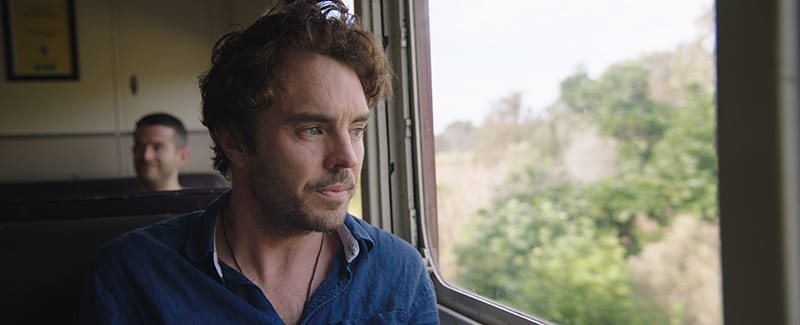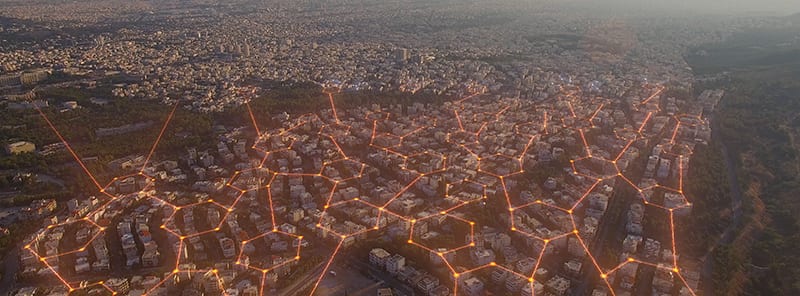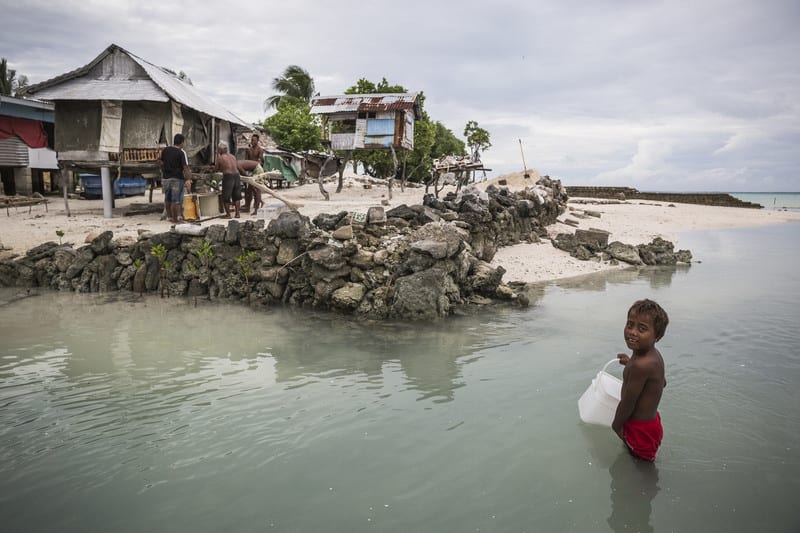Lawyers for Climate Action (LCANZI) announced that they will be taking the Climate Change Commission (CCC) and Climate Minister James Shaw to the High Court arguing that the CCC’s report did not recommend climate action consistent with New Zealand’s obligations under the Paris Agreement.
“We support this court action to ensure that New Zealand’s targets and plans to reduce emissions are aligned with the science of what is needed for keeping warming to within 1.5 degrees Celsius. It is critical for those on the frontlines of ever intensifying climate impacts, that New Zealand is playing its part,” said Oxfam Aotearoa Campaign Lead Alex Johnston.
“The Zero Carbon Act and the Paris Agreement set clear expectations of New Zealand contributing to global efforts to 1.5 degrees, and so decisions about what level of action we take must be grounded in the best chance possible keeping to that temperature limit.
“Oxfam has stated before that the current plans are not enough for New Zealand to be contributing its fair share to this effort, and we look forward to seeing the court clarify what the government needs to do.”








